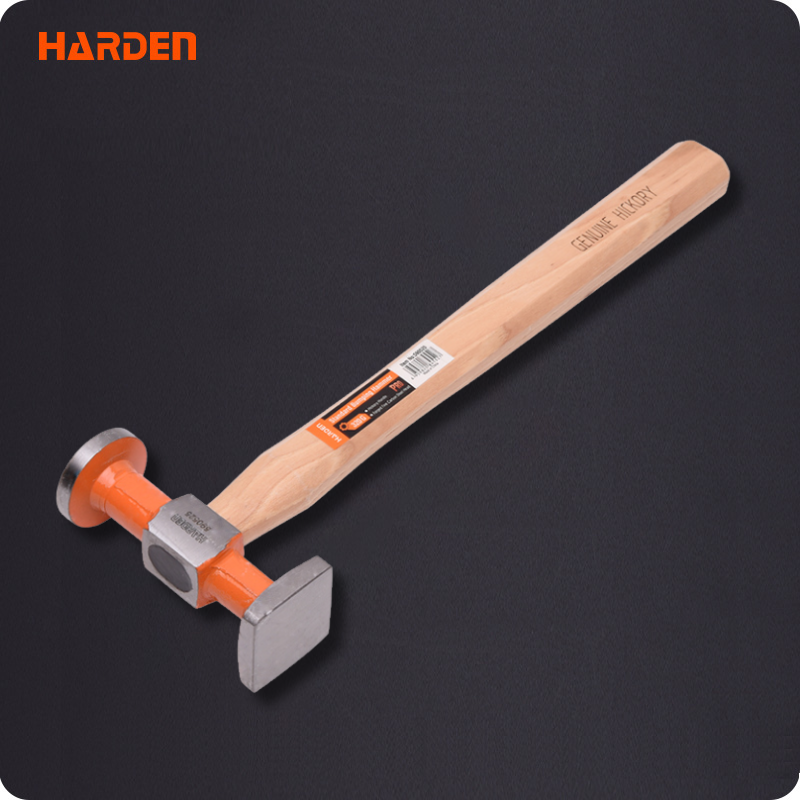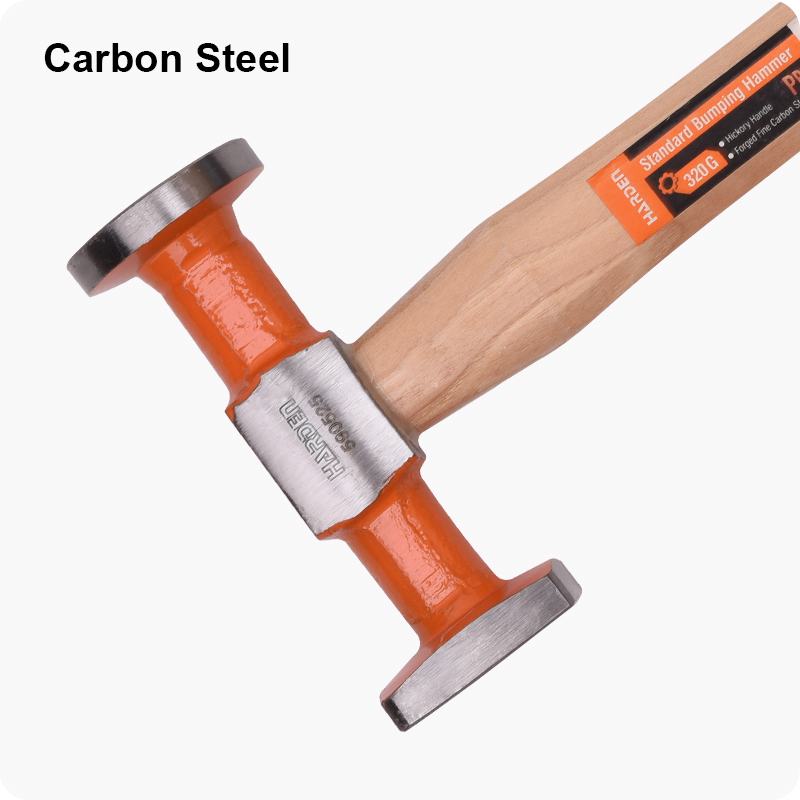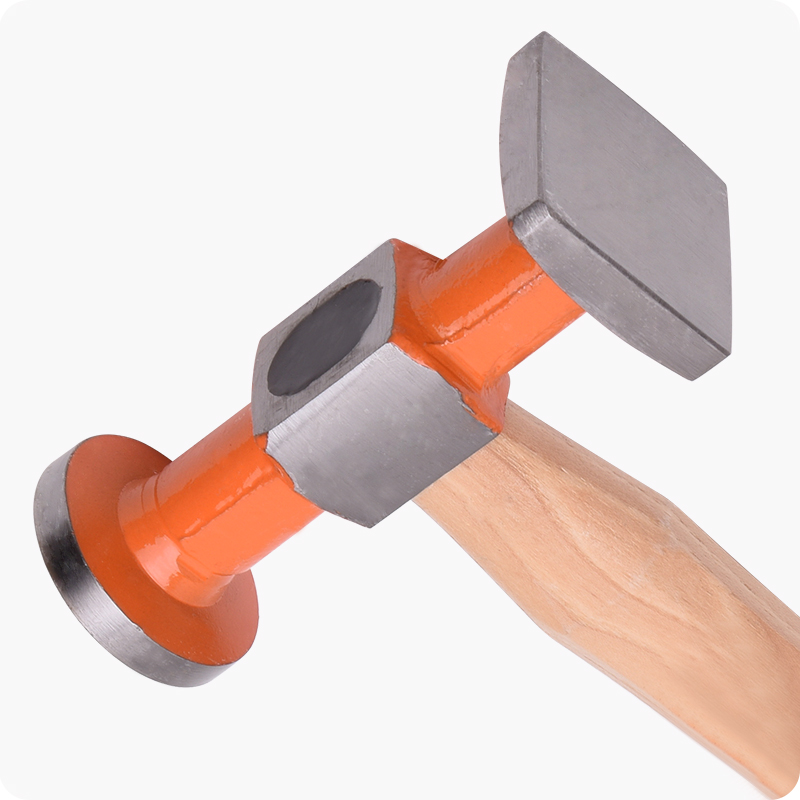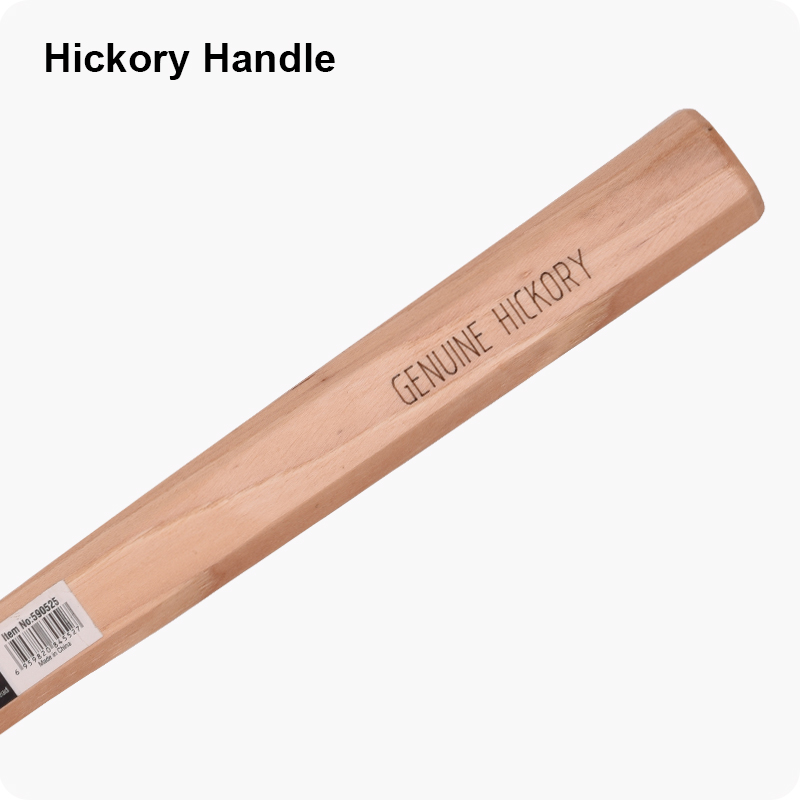What is a Bumping Hammer and Why is it Essential in Metalwork?
A bumping hammer is a specialised hand tool used to restore and reshape dented or warped sheet metal. It plays a vital role in automotive body repair, metal fabrication, and restoration projects. Unlike generic hammers, a bumping hammer features a precisely crafted head designed for tapping, shaping, and smoothing metal surfaces without causing further damage.
Whether you’re working on restoring a classic car or repairing minor dents, this tool helps you achieve professional results efficiently. Its ergonomic design and carefully balanced head ensure that every strike is controlled and effective.
Key Features of a High-Quality Bumping Hammer
1. Forged Fine-Grain Hardened Steel Head for Maximum Strength
The heart of a bumping hammer is its head. Look for a model made from forged fine-grain hardened steel, a material known for its superior strength and impact resistance. Forging refines the steel’s grain structure, making the hammer tougher and more durable than cast or stamped alternatives.
A hardened steel head withstands repeated strikes without deforming or chipping, ensuring your tool lasts for years. This high-quality steel also delivers better energy transfer with each blow, allowing you to work more efficiently on tough metals.
2. Natural Straight-Grained Hickory Handle for Comfort and Shock Absorption
The handle of a bumping hammer plays a crucial role in user comfort and control. Straight-grained hickory is widely regarded as one of the best materials for tool handles. It provides an ideal balance of strength, flexibility, and shock absorption.
Hickory’s natural grain helps absorb vibrations generated from striking metal, reducing fatigue during extended use. Its straight-grained construction also ensures durability and resistance to splitting, making it a reliable choice for any craftsman.
3. Ergonomic Design for a Comfortable and Secure Grip
A well-designed bumping hammer fits comfortably in your hand, allowing you to maintain control with ease. Look for handles shaped to provide a comfortable, secure grip, reducing the risk of slippage during precision work.
Ergonomics are especially important for reducing strain during long repair sessions. A comfortable grip not only improves your accuracy but also protects your hands and wrists from unnecessary fatigue and strain.
The Benefits of Using a Harden Professional-Grade Bumping Hammer
Investing in a top-tier bumping hammer offers several advantages that can improve your workflow and results:
-
Precision Repairs: A finely balanced head and ergonomic handle provide exceptional control, helping you achieve smooth, even surfaces.
-
Durability You Can Trust: Forged steel heads and hickory handles ensure your hammer can withstand the rigors of daily use without wearing out prematurely.
-
Reduced Fatigue: With a comfortable grip and vibration-dampening handle, you can work longer with less strain on your body.
-
Versatility: Perfect for automotive work, metal fabrication, and custom projects, a quality bumping hammer is a versatile addition to any tool kit.
How to Choose the Right Bumping Hammer for Your Needs
Selecting the best bumping hammer involves more than just picking one off the shelf. Consider these factors to find the ideal tool for your work:
1. Material Quality
Ensure the hammerhead is made from forged, fine-grain hardened steel for long-lasting performance. Avoid cheaper cast or pressed metal heads that can wear out quickly.
2. Handle Type
Opt for a natural hickory handle with a straight grain pattern. Hickory is proven to provide the perfect combination of strength and shock resistance. Some modern hammers may offer synthetic handles, but hickory remains the gold standard for comfort and tradition.
3. Weight and Balance
A well-balanced bumping hammer will feel natural in your hand, allowing for controlled swings. Most professionals prefer a hammer that offers enough weight for effective shaping but not so much that it causes hand fatigue.
4. Head Shape
Bumping hammers come with various head shapes, such as flat, crowned, or pick ends. Choose the head style that matches your typical repair tasks. A flat face is excellent for smoothing panels, while a slightly crowned head helps shape curved surfaces.
5. Brand Reputation
Invest in tools from reputable brands known for their quality craftsmanship. A well-made bumping hammer is an investment that will pay off in the quality of your work and the longevity of your tools.
Maintaining Your Bumping Hammer for Long-Term Performance
Even the best tools need care. Here are a few quick tips to keep your bumping hammer in excellent condition:
-
Clean after use: Wipe down your hammer to remove dust, oils, and debris after each project.
-
Store properly: Keep your hammer in a dry place to prevent rust on the steel head and deterioration of the wooden handle.
-
Check for damage: Inspect the handle and head regularly. Replace the handle if it shows signs of cracking or splintering.
-
Oil the handle: Occasionally apply linseed oil to your hickory handle to preserve the wood and prevent it from drying out.
Conclusion: The Harden Bumping Hammer is a Game-Changer
For anyone working with sheet metal, a high-quality bumping hammer is an essential tool. With a forged fine-grain hardened steel head, a straight-grained hickory handle, and an ergonomic design, this tool offers durability, comfort, and precise control.
By choosing the right bumping hammer and maintaining it well, you’ll elevate the quality of your repairs and craftsmanship. Whether you’re restoring a classic vehicle or fabricating metal panels, your bumping hammer will be one of your most trusted companions in the workshop.





Reviews
There are no reviews yet.